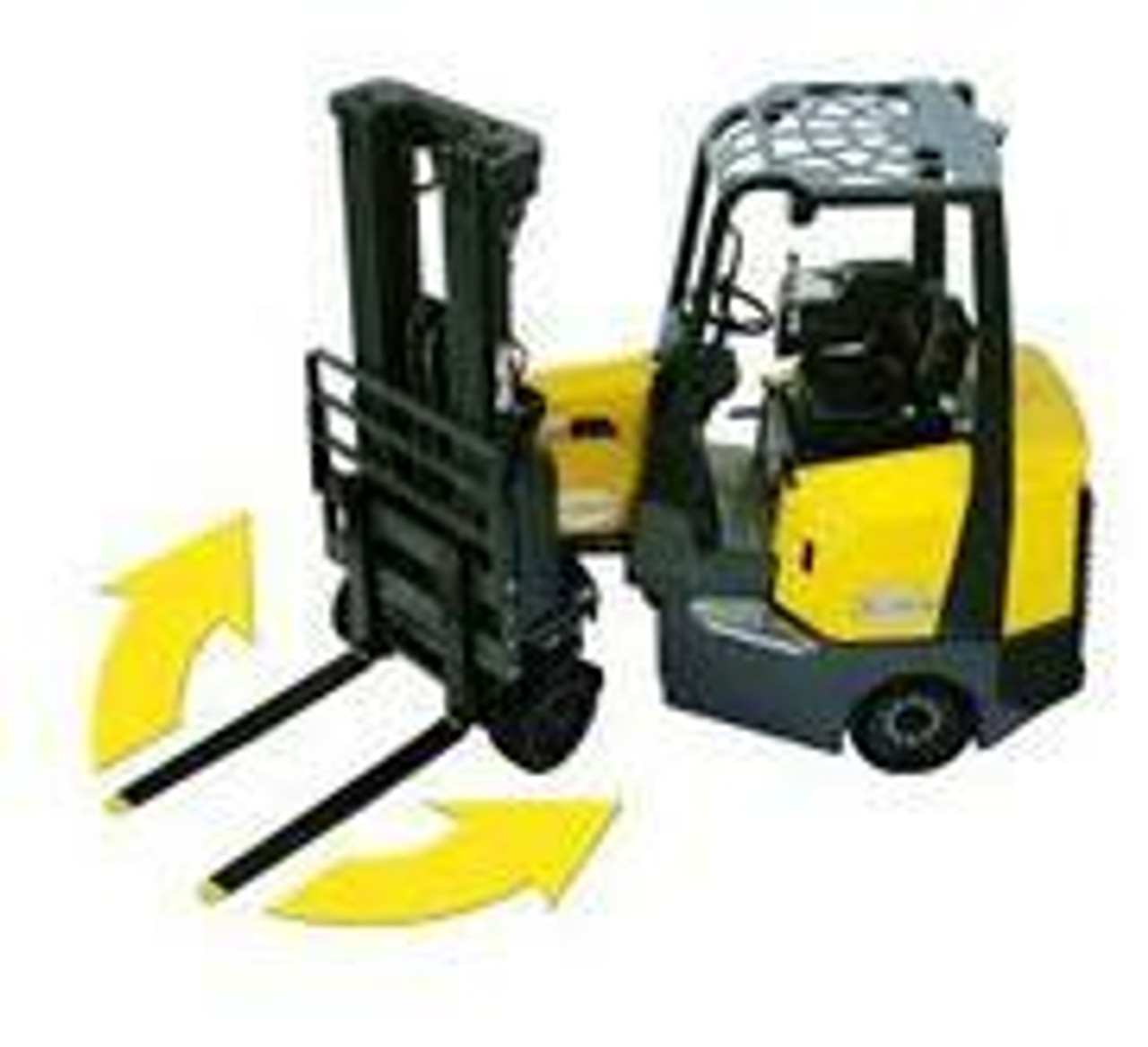
Forklifts
Elevate your forklift operations with accessories from Material Flow. Our extensive range includes forks, extensions, forklift platforms, and more, designed to enhance the versatility and performance of your forklifts. Whether you need specialized attachments for lifting, shifting, or securing loads, we have the perfect solutions to meet your material handling requirements. Ensure efficiency, safety, and reliability with our high-quality forklift accessories!
 Custom Solutions
Custom Solutions Great Pricing
Great Pricing Exclusive Products
Exclusive Products Competitive Shipping
Competitive Shipping Real People
Real People
What weight capacities do heavy-duty industrial forklifts typically have?
Heavy-duty industrial forklifts are designed to handle substantial weight capacities, often ranging from 10,000 to 100,000 pounds or more, depending on the specific model and configuration. These forklifts are engineered to lift and transport heavy loads with efficiency and safety.
What types of terrain can heavy-duty industrial forklifts operate on?
Heavy-duty industrial forklifts are versatile machines capable of operating on various terrains, including rough and uneven surfaces. They are equipped with rugged tires and powerful engines to navigate challenging environments such as construction sites, warehouses, and manufacturing facilities.
What safety features are typically included in heavy-duty industrial forklifts?
Safety is paramount in heavy-duty industrial forklifts, and they are equipped with numerous features to ensure the protection of operators and bystanders. Common safety features include overhead guards, seat belts, backup alarms, and lights for enhanced visibility. Some models may also feature advanced technologies like proximity sensors and stability control systems.
How often should heavy-duty industrial forklifts undergo maintenance?
Regular maintenance is essential for the optimal performance and longevity of heavy-duty industrial forklifts. The frequency of maintenance depends on factors such as usage intensity, operating conditions, and manufacturer recommendations. Typically, these forklifts should undergo routine inspections, servicing, and component replacements according to a predetermined schedule outlined in the owner's manual.
What training is required to operate heavy-duty industrial forklifts?
Operating heavy-duty industrial forklifts requires specialized training to ensure safe and efficient operation. Operators must undergo comprehensive training programs that cover topics such as forklift operation, load handling, safety protocols, and maintenance procedures. Additionally, they may need to obtain certification or licenses to operate heavy-duty forklifts legally, depending on regional regulations.

